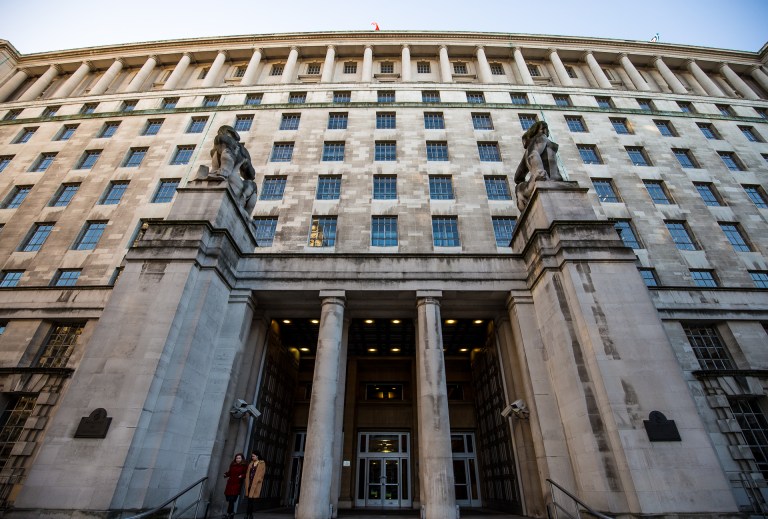Files Expose Britain’s Secret D-Notice Censorship Regime
A new trove of documents obtained by The Grayzone through freedom of information (FOI) requests provide unprecedented insight into Britain’s little-known military and intelligence censorship board. The contents lay bare how the secretive Defence and Security Media Advisory (DSMA) Committee censors the output of British journalists, while categorizing independent media as “extremist” for publishing “embarrassing” stories. The body imposes what are known as D-Notices, gag-orders systematically suppressing information available to the public.















